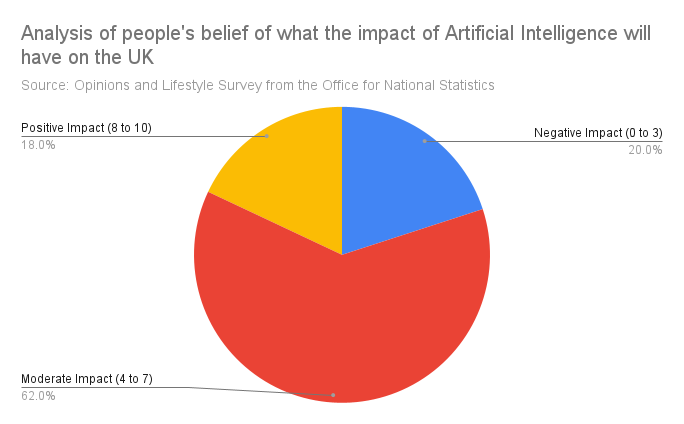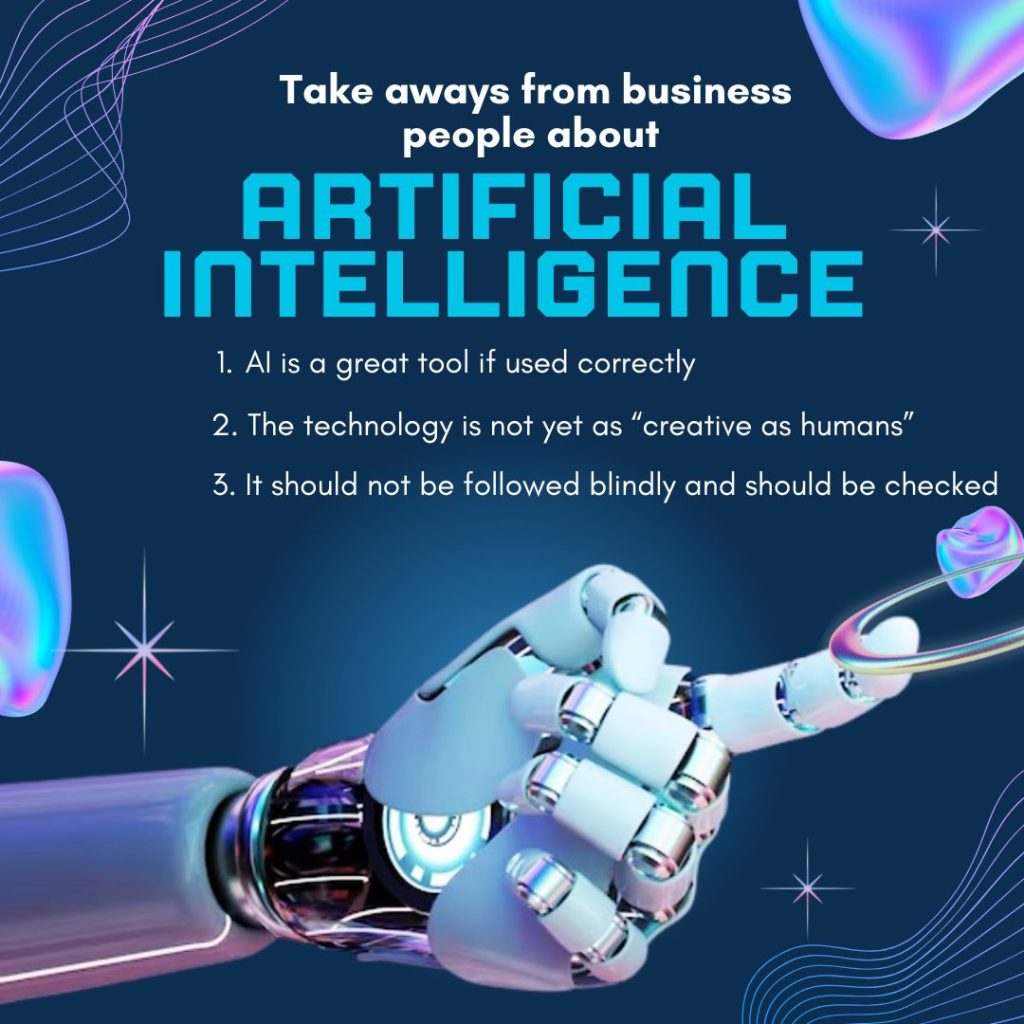Businesses are looking at ways to cash in on artificial intelligence (AI) as the technology gradually outpaces its human counterparts – already outperforming us in many tasks. MM took a look at the advancement of AI in business and spoke to several leaders industry leaders to gauge the impact of the technology in different sectors.
The reaction from business leaders towards AI varies – in line with the attitudes of governments around the world who have taken differing standpoints on the issue including passing laws to regulate it.
The evolving situation sees groups from the international business community to local councils clamour to make sense of the latest technological advancements that promise to – hopefully – make our lives easier while also being wary of potential consequences.
There are varying degrees of acceptance across the business community for artificial intelligence – which is still in its infancy – ranging from scepticism to a healthy optimism.
Steff Wright, chairman of the Gusto Group, which owns companies in industries including construction, food and sustainability, said: “I’ve heard many people say that AI is the most significant development since the industrial revolution and I don’t think this can be disputed because it is such a powerful tool.
“People say that AI will disrupt the world – it will without doubt disrupt the world but it won’t put everyone out of work.
“What it will do is – for the people that adopt AI – some of the more mundane tasks they have on their plates more quickly and efficiently.
“This will free people up to do other aspects of what they undertake in their job without worrying about less glamorous tasks.
“AI can’t think as creatively as we can but it can pool information far quicker than any human being could ever accomplish by themselves.
“It is only getting better, AI will never be worse than how it is today – it will always improve and always get better with time.”
Steff said that employees in his business use AI for a variety of different tasks including design.
He added that AI was especially useful for professionals at Gusto to show their ideas in image form to perspective clients.
The projected size of businesses using AI is predicted to continue to keep growing over the next one to two decades.

Dominic Field, a digital nomad who works as a writer – a sector increasingly being impacted by AI – is more on the sceptical side when it comes to his feelings on the technology.
He said: “I hate when you ask AI a question and it presents the answer as a fact which when it doesn’t sound right – I question and it immediately apologises.
“I didn’t even accuse it of being wrong, I was just asking for a source to see how it is justifying the information it is presenting.
“It constantly gives wrong answers. For my job, I don’t trust it.
“I can’t even use it for basic research because it is always wrong, I have to fact check it and if I have to do that then I might as well do everything myself.
“I’ve tried to get it to do mathematical problems – it struggled with probability – it was easier for me to do it with pen and paper.
“For generic articles where the information is readily available and has been written dozens of times it can work but you need to still be questioning where the information is coming from while ensuring it is correct.
“It’s never going to be able to write a review of a casino slot or a computer game that hasn’t been released yet, it is just not possible.
“I think AI does have great potential in other sectors – so I am not anti-AI entirely.
“I am sure it can help other people with research and I expect my views to change about the subject in the next few years as AI continues to evolve.”
Dominic said that AI doesn’t create organic content – instead it relies on human created work as a frame of reference – it won’t replace quality, personable writers who are knowledgeably and able to convey emotion in their work.
He added that writers need to be subject-matter experts and warned against the dangers of overly relying on AI because it doesn’t always discern where it pulls information from in its answers nor can it guarantee accuracy.
There are varying attitudes about the impact AI will have across the United Kingdom with results from an Office for National Statistics poll being shown below.

Source: ONS
Manchester City Council has embraced AI technology across a multitude of offerings including for businesses as it looks for ways to streamline its services.
The GenAI business support chatbot service used by Manchester City Council is delivered by the GM Business Growth Hub.
A council spokesman said it builds on more than a decade of knowledge and insight gained from supporting Greater Manchester’s business community alongside curated business support information from other relevant services and organisations.
They added: “AI and automation is a fast-moving issue.
“The Council has been using some established automation software for a substantial period of time.”
People familiar with the technology state that AI is not a ‘one size fits all’ application and business owners have emphasized the importance of making the technology work for them.
Daniel Ionescu, the former managing editor of The Lincolnite who now hosts podcast Millennial Masters, said: “AI can be super helpful but people need to take responsibility for it.
“We need to adapt to it – it is part of a changing landscape and only time will tell how AI will progress.
“The traditional way of searching for information and informing readers will advance due to AI.
“It is changing the game and this will have an effect on businesses such as Google.
“With general knowledge for example, I believe AI will develop to be able to give you better information than a search engine.
“We will be seeing the rise of AI in searches and research as time goes on as the technology will get better.
“Twenty years ago we were worried that people were informing themselves from Wikipedia and not everything was correct.
“You can’t rely on the answers without applying critical thinking.”

Daniel added that AI was especially useful for summarising large pieces of information.
He said this was especially useful for getting a analysis of YouTube clips instead of watching the entire video.
Vice President of Jamco Public Relations Aman Kumar sees AI as beneficial for business but reiterated that humans are the responsible, sentient party in the equation.
He said: “AI can be used in positive or negative ways – it can do human jobs.
“We use AI to find potential clients and in other facets of our business, it has worked well for us.
“I think it is comparable to how important the internet has been for people all over the world.
“Artificial intelligence can be misused and we need to be aware of this, things such as deep fake technology has been recognised as a genuine threat to democracy.
“I see artificial intelligence at the moment like a child and the people inputting the prompts as its parents, so the responsibility lies with the human being.
“It cannot operate without a human yet and ultimately we are the ones in charge.
“Schools need to add this technology as a subject and teach students about the potential advantages and pitfalls of artificial intelligence.
“We as humans always need to keep our eyes open to monitor and understand what AI is doing so it is not used in harmful ways.”
Aman is using the technology to pitch new businesses – adding that this process has proven to be beneficial both from a cost and time saving perspective.
Featured Image: JPxG, Public domain, via Wikimedia Commons, creative commons licence.




